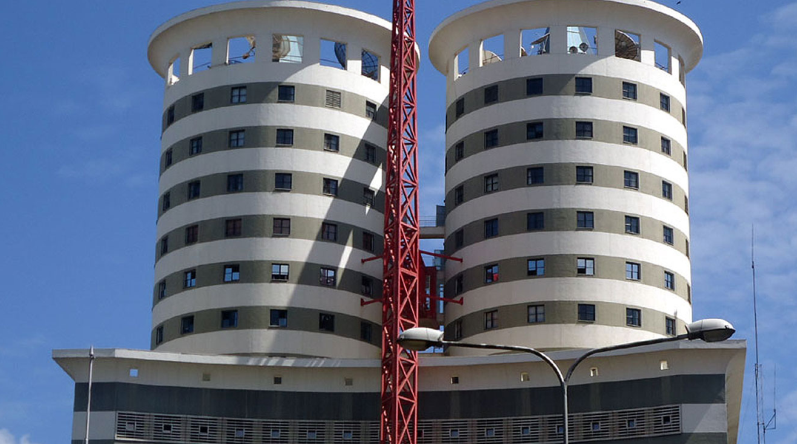Radio Africa Group (RAG), which owns a number of radio stations and publishes The Star newspaper, has come under scrutiny after holding correspondents’ pay for four months now. There is a silent but passionate outcry among correspondents who rely on their contributions as a source of income by filing articles and photos for the newspaper and digital platform.
See >> Poorly Paid Correspondents Suffer In Silence
According to insiders at RAG, correspondents have not been paid since March this year, leaving most of them in financial quandary. Some who spoke to BT narrated how they are living from hand to mouth and some being hounded by landlords and lenders.
Correspondents are turning to desperate means of survival, including taking up side jobs and seeking handouts from news subjects. “It’s stressful,” said a Star correspondent who requested not to be named. “It’s very bad when people resort to looking for jobs or politicians who can pay them after a story has run. It’s that bad.”
As correspondents struggle with delayed payments, staff and employees of radio stations are having it nice, getting their salaries on time. An editorial meeting held on Thursday last week where the issue of correspondents’ pay was discussed only yielded a promise to be paid end of this week. Even under financial pressure, the correspondents are said to have been given more election coverage assignments and asked to put in extra hours.
The situation at RAG is yet another manifestation of how newsrooms treat correspondents casually yet they handle the bulk work, especially in the counties where they trawl villages and townships for stories. Some regions do not have bureaus and transport facilities, which gets complicated when pay doesn’t come on time.
Standard Group has also been experiencing delays in paying staff due to cashflow issues, with correspondents being given the last priority.
See Also >> TV Station Owned By CRB Listing Champion In Financial Trouble
Pay delay is a strong sign of the struggles at The Star newspaper, which has yet to find its footing in the media market. Since 2017, so many eulogies have been written about the newspaper – which swings between tabloid and mainstream – but somehow it hobbles on.
Its staying power is seen as good for the media market as the presence of an alternative newspaper (backed by People Daily) besides the two main players, Nation and Standard, provides the equilibrium that’s needed for a sober media market.
While the Star has yet to break even, it is largely weaned by the radio arm led by Classic FM and Radio Jambo. It is hoped that election spend and advertisements will lift revenues for most newspapers and seal dents caused by a slowdown in revenues during the Covid-19 years.
Next Read >> Meet The Village Billionaire Who Owns a Chopper













Leave a comment